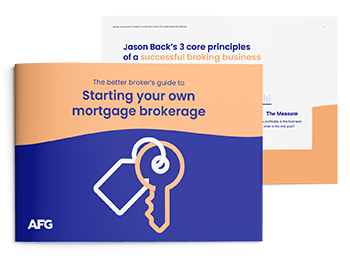It’s a perennial question when it comes to real estate: should you sell at auction or via private treaty? Some sellers prefer the predictability of setting a price, while others are prepared to let their property go to the highest bidder.
There is no right or wrong and each vendor’s situation is unique. We’ve put together some pros and cons to help you decide whether private treaty or auction is for you.
Remember, your AFG broker is onside to ensure you get the right deal, likewise making sure you have the right real estate agent on board is key, particularly when making decisions like this.
Private Treaty
| Pros | Cons |
|---|---|
| More time to sell – no auction deadline. | It may take longer to sell your home compared to an auction campaign. |
| More time to consider offers and to negotiate. | Your home might need to be available for unscheduled inspections. |
| Usually cheaper than an auction marketing campaign. | You might set too low a price – buyers rarely offer more than the asking. |
| More privacy. |
Auction
| Pros | Cons |
|---|---|
| Set a minimum (reserve) price, rather than a selling price ceiling. | Marketing campaigns tend to be more expensive – $5,000 – $10,000 average minimum. |
| Set a reserve price and a settlement date to suit you. | You will pay the advertising costs even if the property doesn’t sell. |
| Pre-agreed inspection times so your life is more predictable in the lead up. | If bidding is slow, you may feel pressured in the moment to drop your reserve price to make the sale. |
| Two or more bidding parties can drive the sale price up. | If your property is passed in at a low price, it may be hard to attract higher offers after. |
| The auction timeframe can create a sense of urgency and encourage more competitive bidding. | |
| More opportunities to sell: before the auction, at the auction and, if the property is passed in, immediately after auction. | |
| Unconditional sale – once the gavel goes down, the sale is bound to proceed. |










